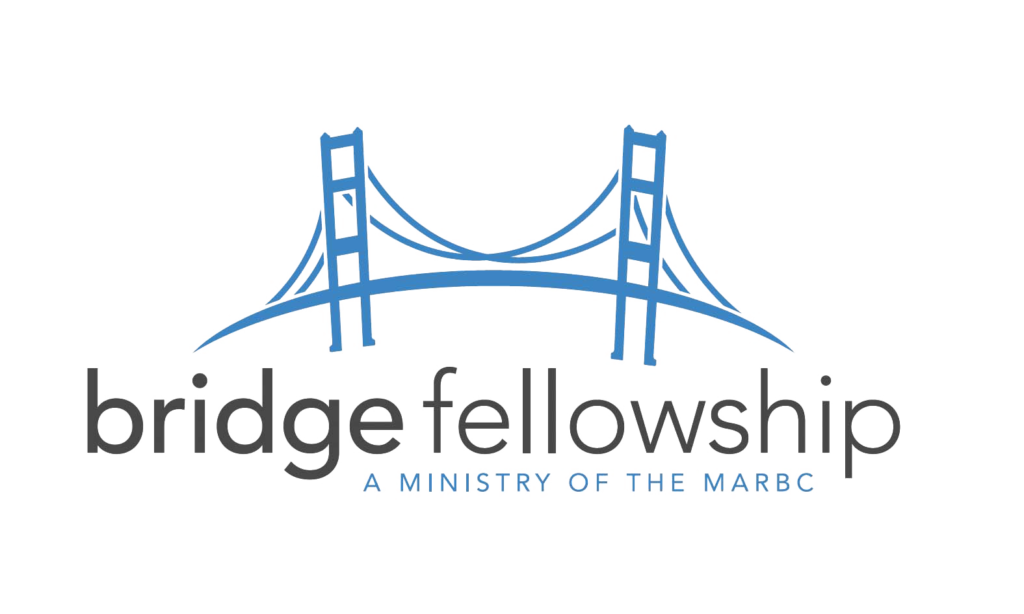
BRIDGING THE GAP
Connecting churches with one another and with their communities through the gospel of Jesus Christ
Bridge Annual Conference :: Selah
We are excited to announce the dates for our 2024 Annual Conference that will be held again at Maranatha Bible and Missionary Conference Center in Norton Shores (October 14-16, 2024). I know that your schedule is likely already full, but I encourage you to make the time to join us. If last year’s conference is any indicator of what to expect, you won’t be disappointed. Many pastors brought their wives, …
Abuse Prevention Seminar
Guest article by Dave Rodgers. HELP! No, I am not writing this to plead for your help. This article is my desire to offer help that churches and ministries discipling children and/or teens need in this day and age. ECAP (Evangelical Council for Abuse Prevention) will be at Trinity Baptist Church (Grand Rapids) on March 1 from 2:00 to 4:00 PM. While it is sad that a ministry like ECAP …
Renew Conference Recap
From October 16-18, 2023, over 180 pastors, elders, church members, and children gathered in Muskegon for three days of refreshment and renewal. This annual conference of the Bridge Fellowship of Michigan took place at Maranatha Bible and Missionary Conference Center, a location that perfectly served the purposes of this year’s gathering. The theme of the conference was Renew, and that focus was developed through the three main sessions. Doug Crawford, …
Remote Access to Renew Conference
While we'd love to have you join us in-person for this year's Renew Conference from Bridge Fellowship, we also understand that might not be possible for everyone. For this reason, we're pleased to offer remote access to the conference so you'll be able to enjoy live and on-demand video and downloads of slides and handouts as they're made available by our conference speakers and facilitators. Please click this link to …
Renew Conference Schedule
View, print and download the updated schedule for this year's Bridge Fellowship Renew Conference at Maranatha Bible & Conference Center. (More information) Please click here for details about joining this year's conference remotely.

Church News
Bridge Annual Conference :: Selah
We are excited to announce the dates for our 2024 Annual Conference that will be held again at Maranatha Bible and Missionary Conference Center …
Ministry Opportunity (Grand Rapids)
DIRECTOR OF CHILDREN’S AND WOMEN’S MINISTRIES OVERVIEW Trinity Baptist Church of Grand Rapids is seeking a full-time Director of Children’s & Women’s Ministries. Our …
Called to be our Shepherd
September 10, 2023, marked a momentous occasion for West Cannon Baptist Church of Belmont, MI. For the first time in 43 years, the church …
Forward in Faith
First Baptist Church of Rochester, Michigan, celebrated their building project ground-breaking on April 2nd. The project consists of a new 8500 square foot children’s …
BUILD23 Men’s Conference
February 10-11, 2023 Speaker: Dr. Daniel Davey Christians believe the gospel, proclaim the gospel, and defend the gospel. But do we LIVE the …

Contact
phone:
616-364-5688
address:
5760 Cannonsburg Rd NE
Belmont, MI 49306-9089
contact us

